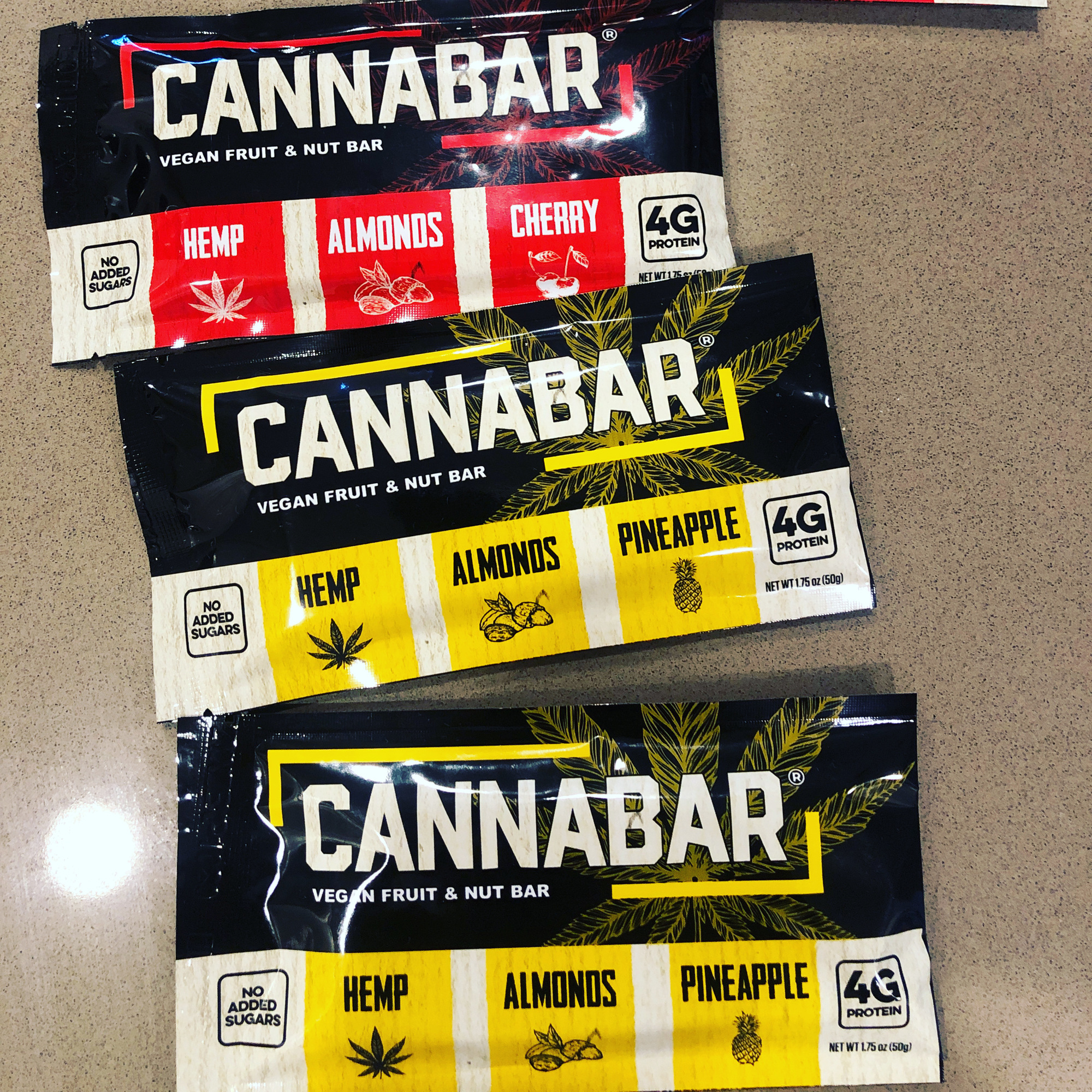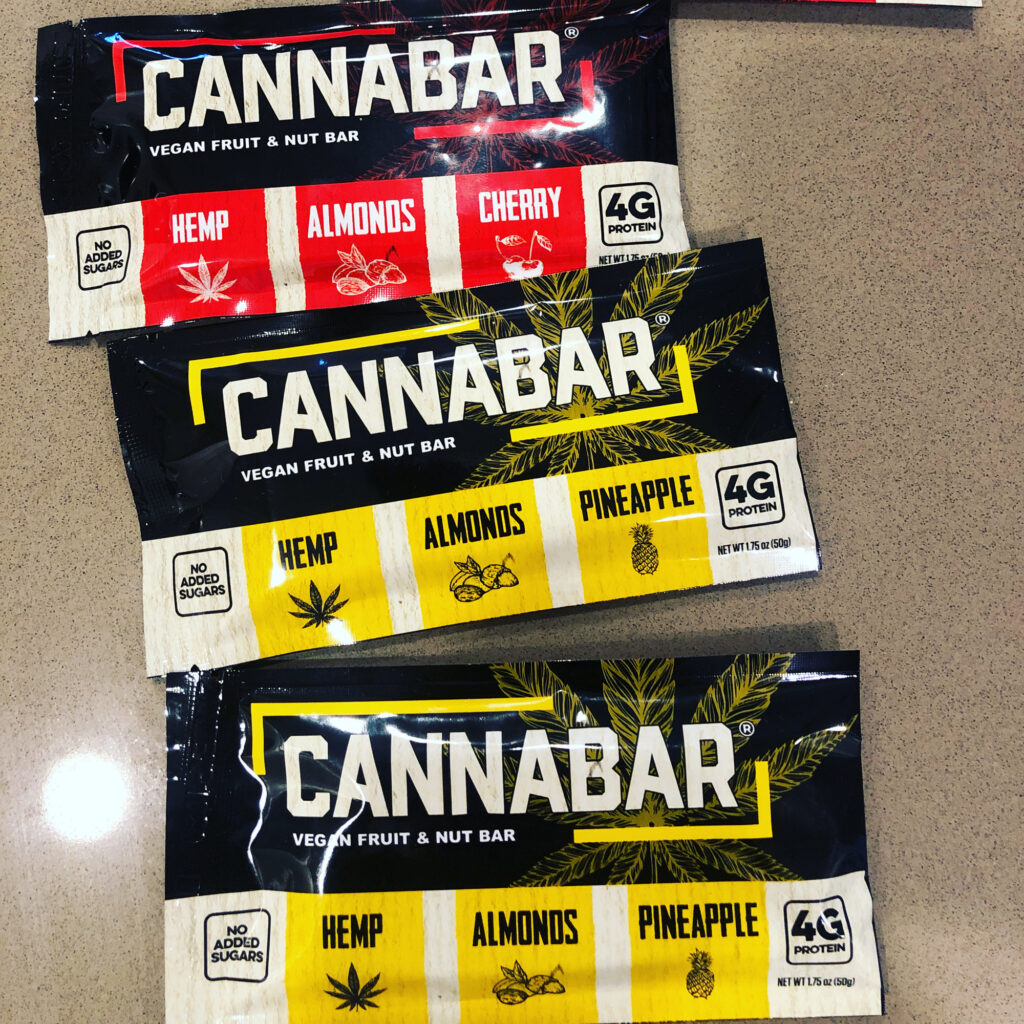Finding a healthy snack for children — and adults — can be a tough task, especially when so many options that claim healthiness don’t hold up.
That’s something Dr. Marlon “Doc” Fuller — a pharmacist and Winter Garden resident — noticed when he was looking for snacks for his own four children.
So, as a pharmacist, Fuller decided to make his own healthy snack bar. His snack, though, would have a twist with an ingredient he had learned about in 2013.
“I’ve always been an entrepreneur and really started thinking about this after learning more about the medicinal benefits of cannabis and learning a little bit more about other things that didn’t have the THC and CBD in them — (so) I came upon hemp,” Fuller said. “After learning about some of the benefits of hemp — hemp is in the cannabis sativa family, it’s just not going to get you high and it’s a non-psychoactive form of cannabis sativa, but it does have medicinal benefits — it’s high iron, magnesium, protein and omega fatty acids.”
Out of that early stage of research and trial-and-error, CANNABAR was born, and Fuller found himself diving into a new realm of entrepreneurship.
CHALLENGES
For the 18 months of developing CANNABAR, Fuller tinkered with a recipe that worked for him and the tastes of his family.
“That led me to the kitchen just playing around with formulations on my own,” Fuller said. “After a year-and-a-half, I created a bar that everyone thought was tasty, and during this process I had a vision, so I started securing the intellectual property and domain names and things like that.
“After I personally developed something that my own kids would eat, I started going out to friends and other family members and said, ‘OK, my kids like it, but you’re a teenager or you’re an adult,’ I wanted to see how people responded to it,” he said. “Across the board, they loved it.”
A big part of why the bars have gone over so well is because they’re incredibly minimalist in nature — the bars contain three different types of fruits, almonds and hemp protein powder, Fuller said. The hemp protein power is used in place of where whey protein or soy would normally be — making the bars gluten-free and vegan.

Courtesy photo
Once he had the formula set, Fuller began navigating the often-murky waters of patenting, branding and marketing.
Fuller went through three different law firms to get things trademarked and approved by the U.S. Patent and Trademark Office. Two requirements made things difficult for Fuller: You can’t get a trademark on something that is federally illegal, and you can’t have a descriptive name.
Cannabis is federally illegal — hemp isn’t — so Fuller had to prove the bars had no THC or CBD.
The final legal hurdle was in Florida law itself that prevented Fuller from selling his bars until January.
“We were actually the first hemp-based food manufacturer in Florida,” Fuller said. “Prior to January, you were able to sell hemp protein at a Publix, but you couldn’t actually manufacture it in the state. I got licensed toward the end of January, and what the inspector told me — at the time — (was) that not only was I the first hemp-based food manufacturer in the state, but they were also going to be utilizing the formula of what to do to help other hemp-based food manufacturers get their licenses.”
LOOKING AHEAD
With most of the hard work behind him, Fuller now is focused forward on educating people about the medicinal perks of hemp, as well as the big picture for his business.
Currently, Fuller’s CANNABARs are made at a commercial kitchen in Orlando, while he sells them online via his website. Part of the money he earns from sales also goes into his and his wife’s nonprofit, coolkids.org, which focuses on elementary academic enrichment in underserved communities. Eventually, they want to build an actual school for kids, Fuller said.
In the meantime, Fuller said he’s looking at continuing to build up CANNABAR.
“We want CANNABAR to be a household name and a healthy option for families, for athletes and for everyone,” Fuller said. “Eventually, we want this to be in every store, and the only way to do that is to scale up, and that costs money. My long-term vision is get some investors involved. … I would love for that to be something we can grow out and make this the next $500 million company.”





